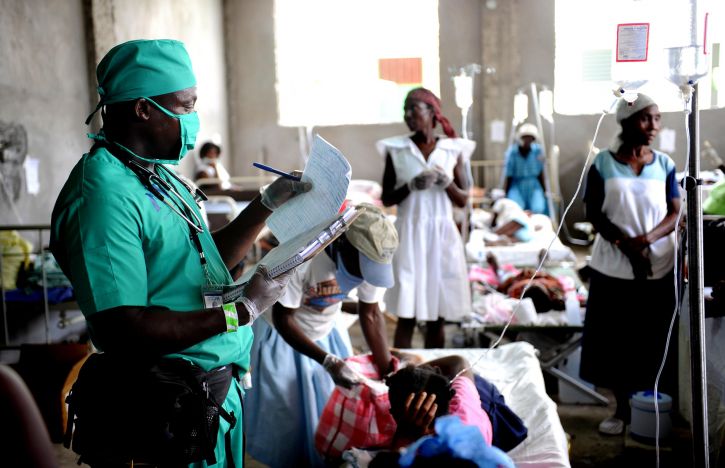The health system in South Africa faces disparities between access and quality of care provided by the public and private sectors. As a result, the government will introduce national health insurance in order to establish equity.
The National Assembly in South Africa has passed the National Health Insurance (NHI) Bill. The announcement was made by Parliament on Monday June 12.
The NHI Bill seeks to ensure universal access to healthcare services in the country, by establishing a National Health Insurance Fund and defining its powers, functions and governance structures. This fund will also allow the purchase of health care services for all registered users.
“The bill will also create mechanisms for the fair, effective and efficient use of the fund’s resources to meet the health needs of users and to prevent or limit undesirable, unethical and illegal practices in relation to the fund“, indicates the information note.
The NHI Bill was originally tabled in Parliament and presented to the Health Portfolio Committee on August 8, 2019 for consideration.
Although the health system of this southern African country is among the best in the region, the percentage of individuals covered by a medical aid scheme has changed very little between 2002 and 2022. Over the period studied, it is dropped from 15.9% to 16.1% with more than 70% of households using public health facilities, the government says.
According to International Citizen Insurance, 80% of doctors work in the private system, leaving behind the public system, which is constantly under-resourced.
By 2030, South Africa aims to ensure access to good quality health services provided by the public and private sectors to all citizens and residents of the country, regardless of their socio-economic status.





























Réagissez à cet article